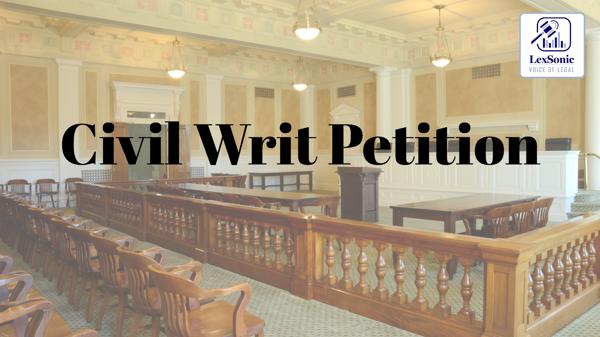Convenience at a Cost: Bombay High Court Upholds Tax on Online Ticket Booking Fees.
06 August 2025
Civil Writ Petition >> Civil & Consumer Law
They shared a common grievance: the State of Maharashtra had modified the Maharashtra Entertainments Duty Act, 1923, in December 2014 by adding a proviso. The modification aimed at imposing entertainment duty not only on ticket rates but also on "convenience fees" levied for advance bookings of tickets online.

The petitioners' counsel urged that these fees were already liable to service tax in terms of the Union's Finance Act, 1994, and hence the State had no right to tax them again. They contended that online booking was just a technical facility, not "entertainment" per se. By referring to it as "payment for admission," the State was stretching the ambit of its taxing powers artificially. A few Supreme Court and High Court decisions were quoted to demonstrate that convenience charges could not be compared with entry into an entertainment event.
The Court scrutinized the petitions. The judges remarked that although the service providers were objecting, they had also not revealed important agreements with theatre owners that might explain convenience fee sharing. The judges commented that the nature of entertainment duty itself was associated with entry into cinemas, and the convenience fee was a prerequisite when booking online. Thus, it was related to entertainment.
Therefore, what started off as a war among multiplexes, ticketing websites, and the State concluded with the Court ruling in favor of the Government: convenience charges on online reservation, over the stipulated limit, could actually be taxed as part of entertainment admission.
MAHARASHTRA ENTERTAINMENTS DUTY ( I OF 1923) (AMENDMENT) ACT, 2014
